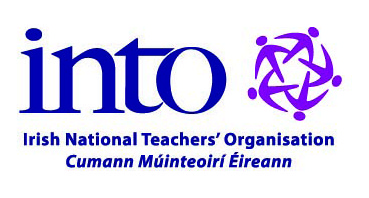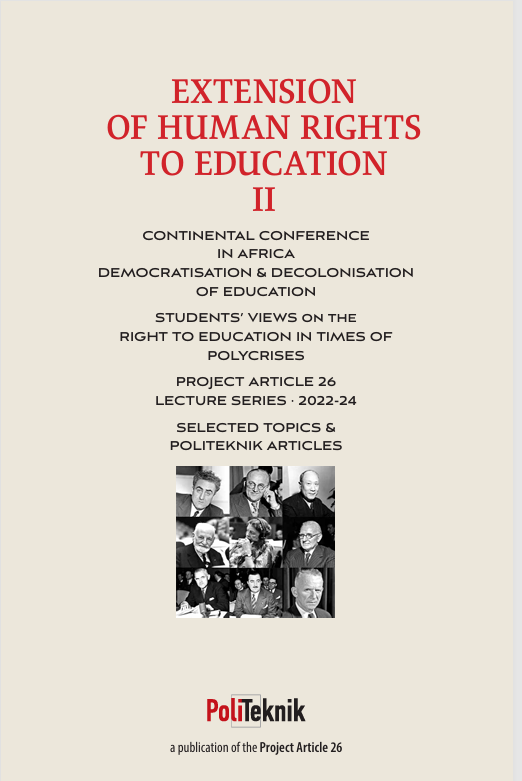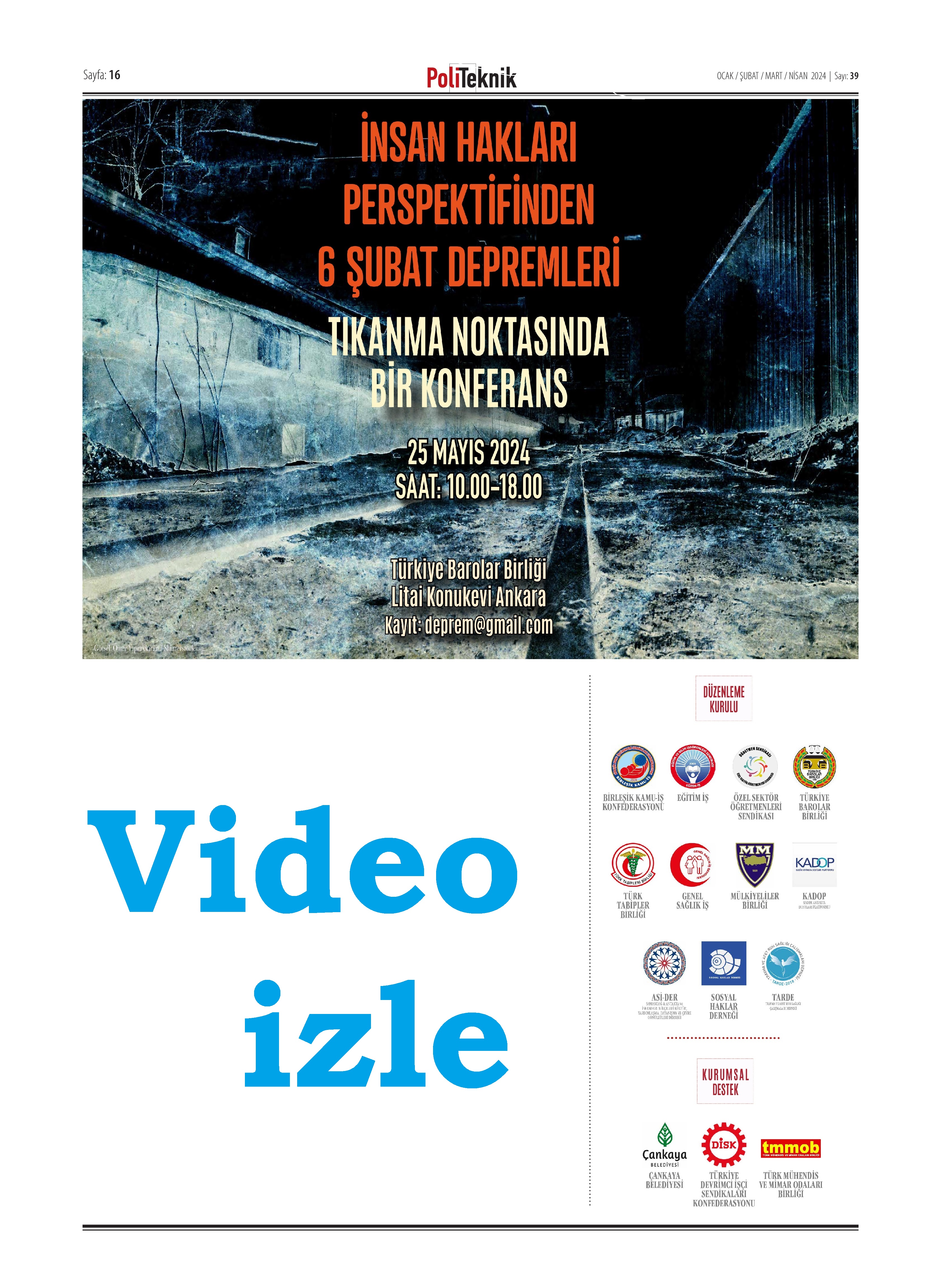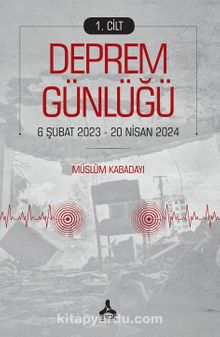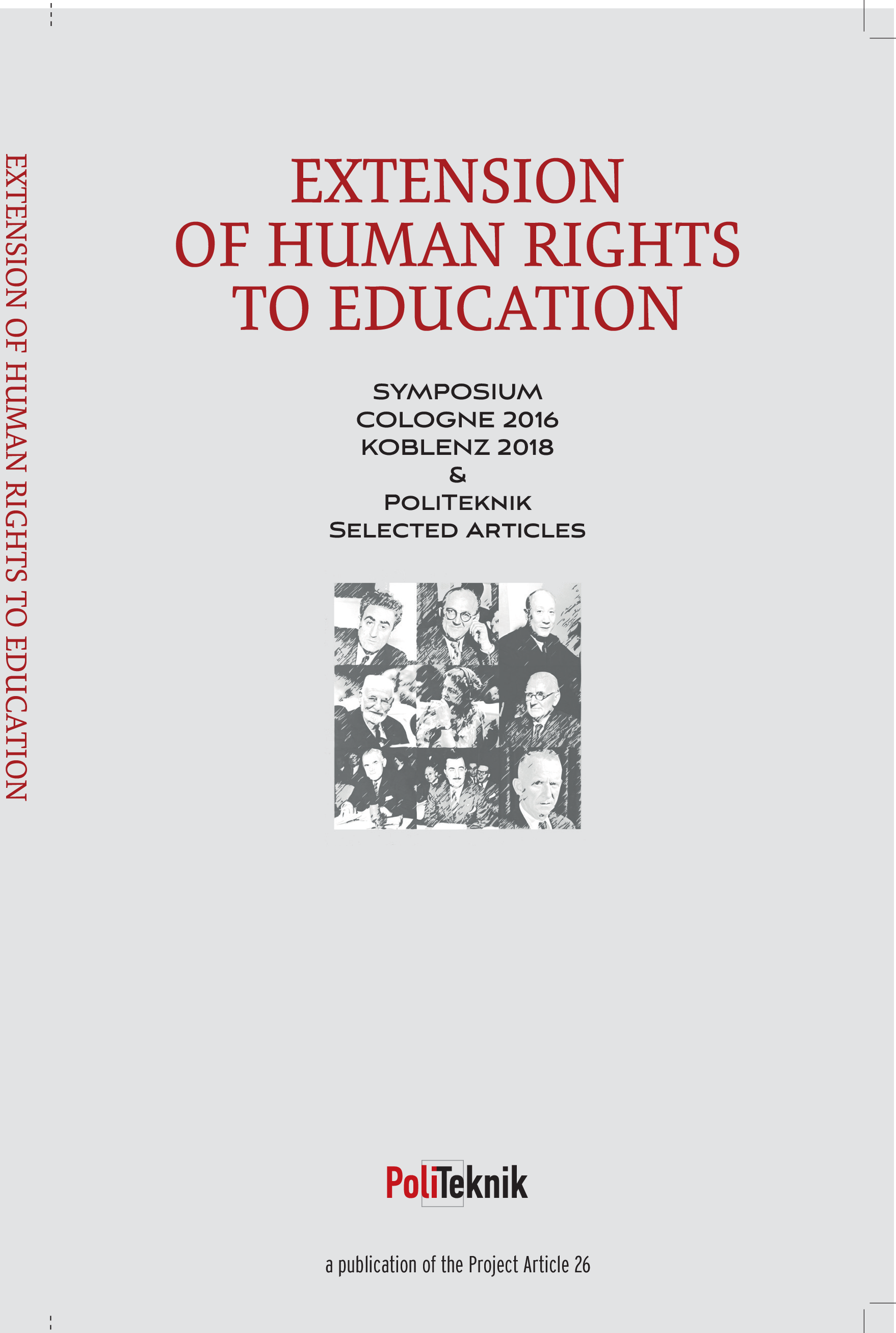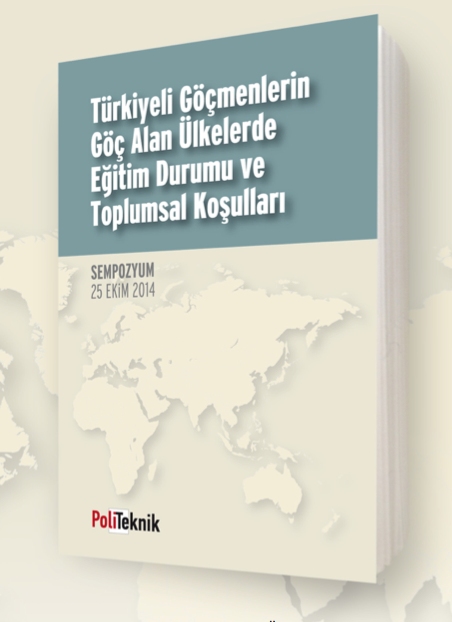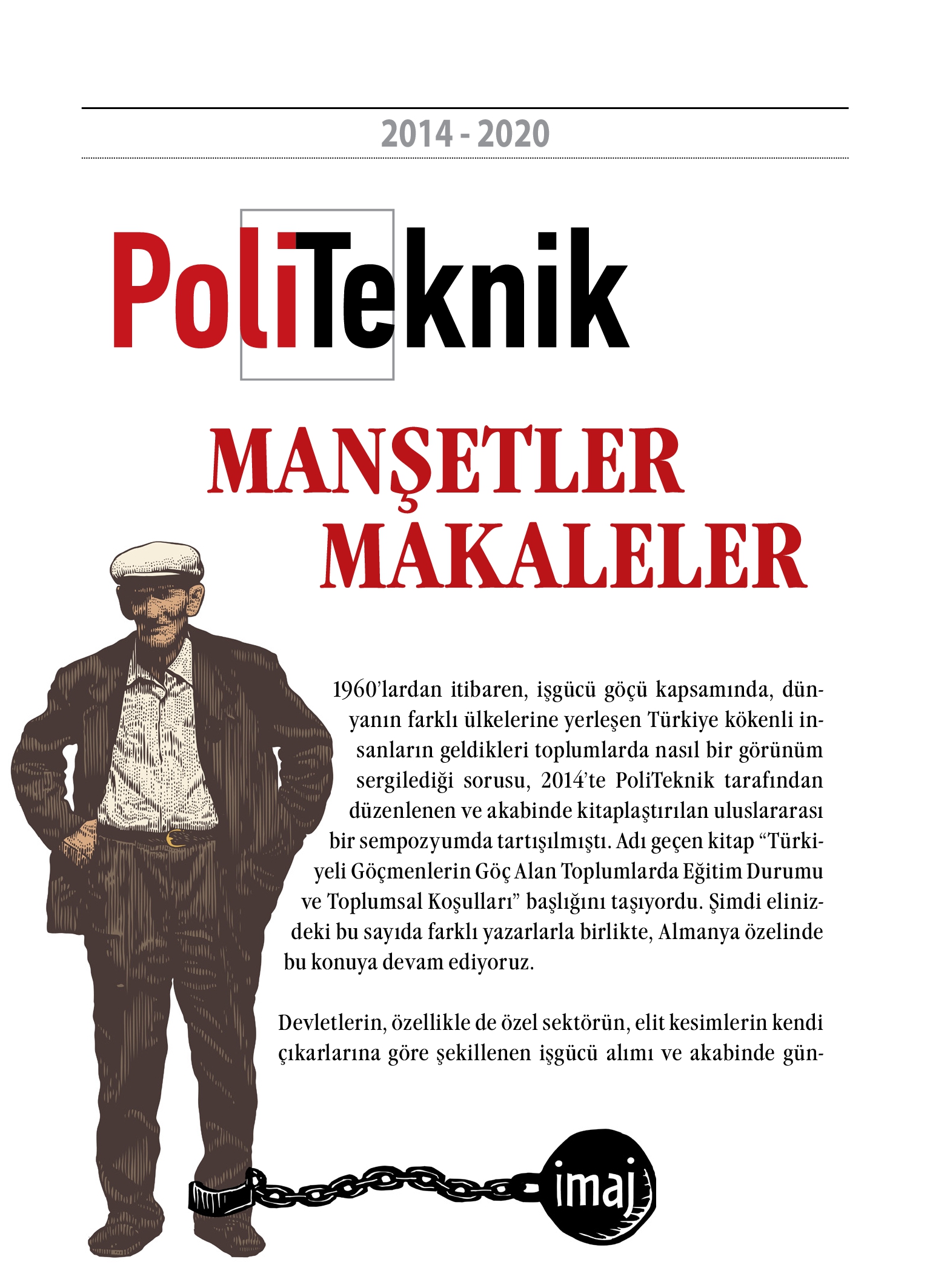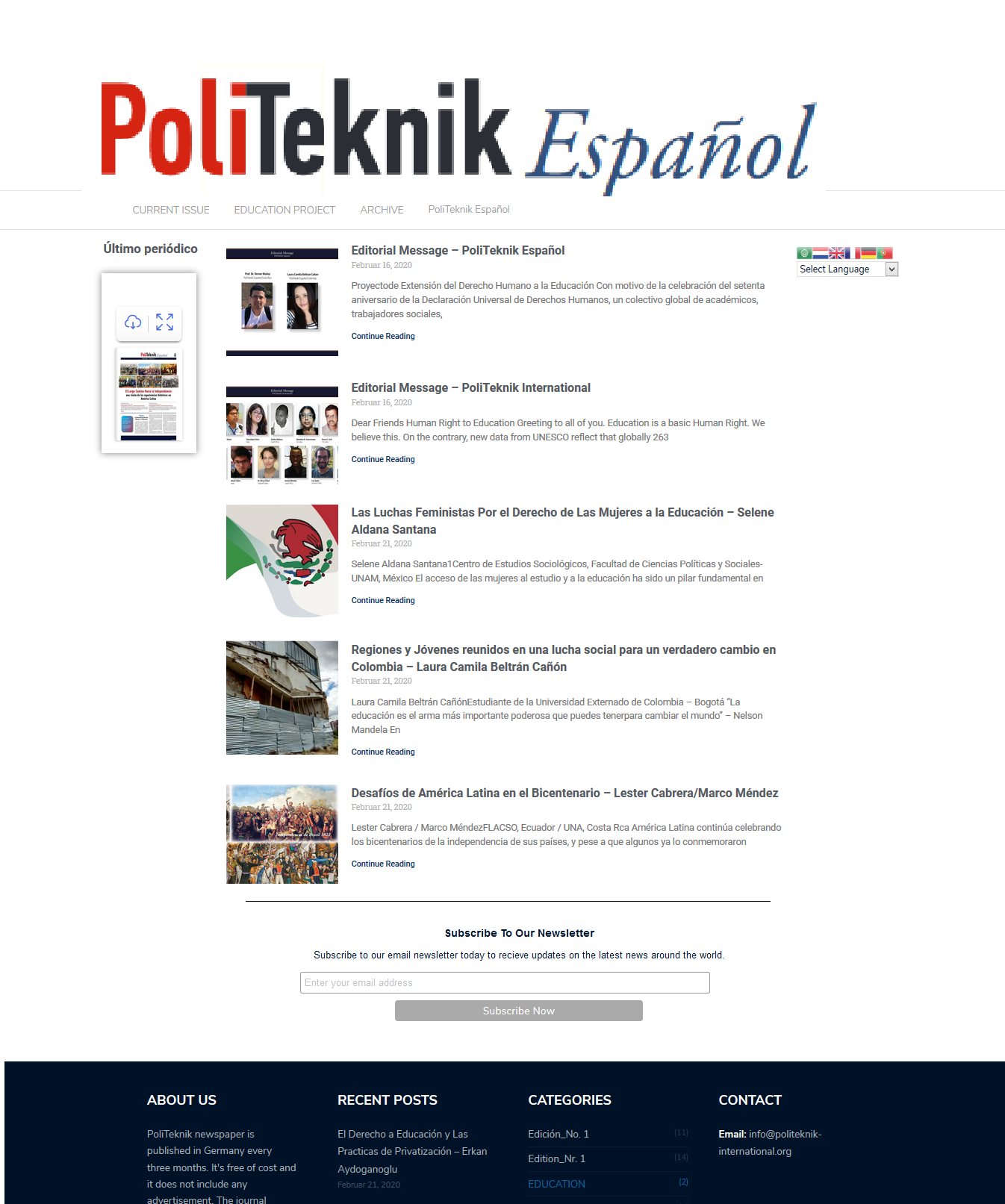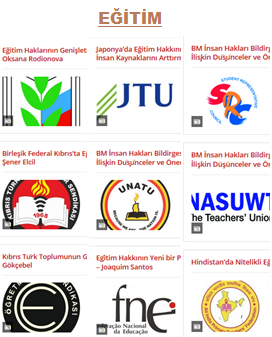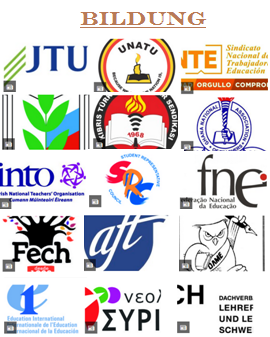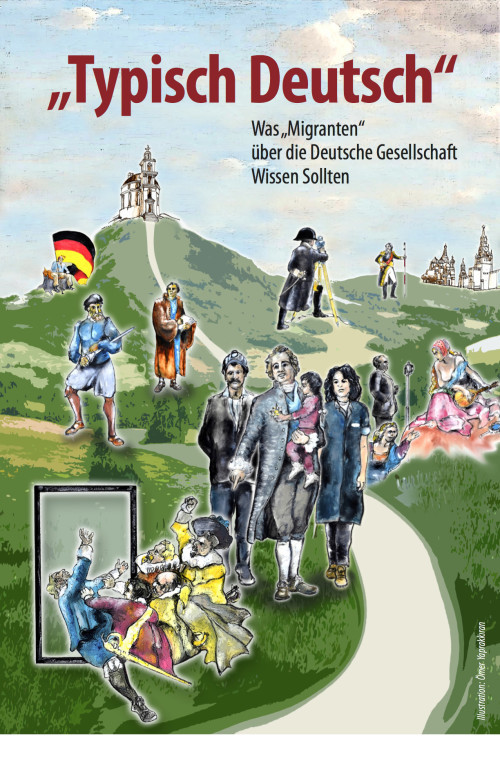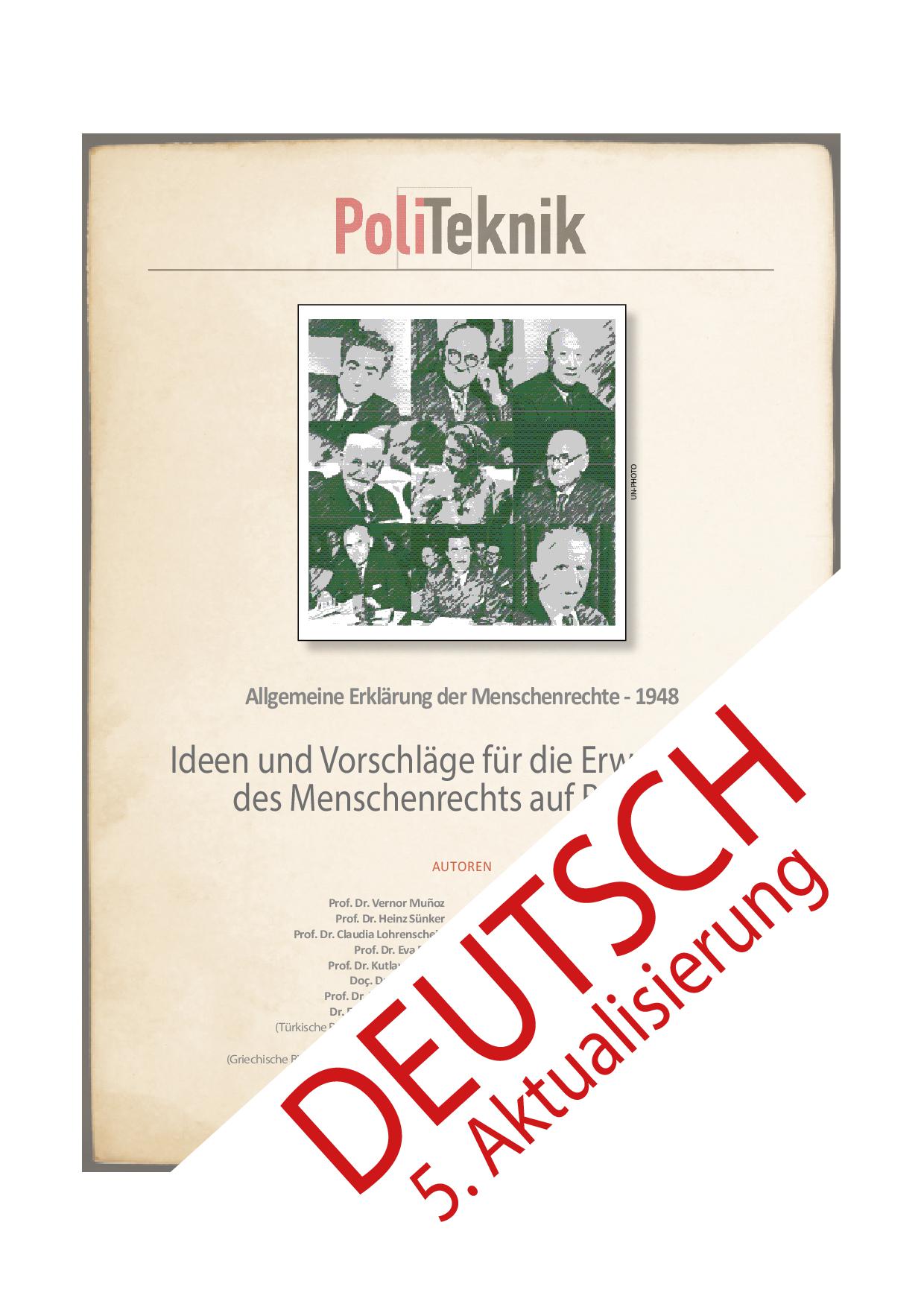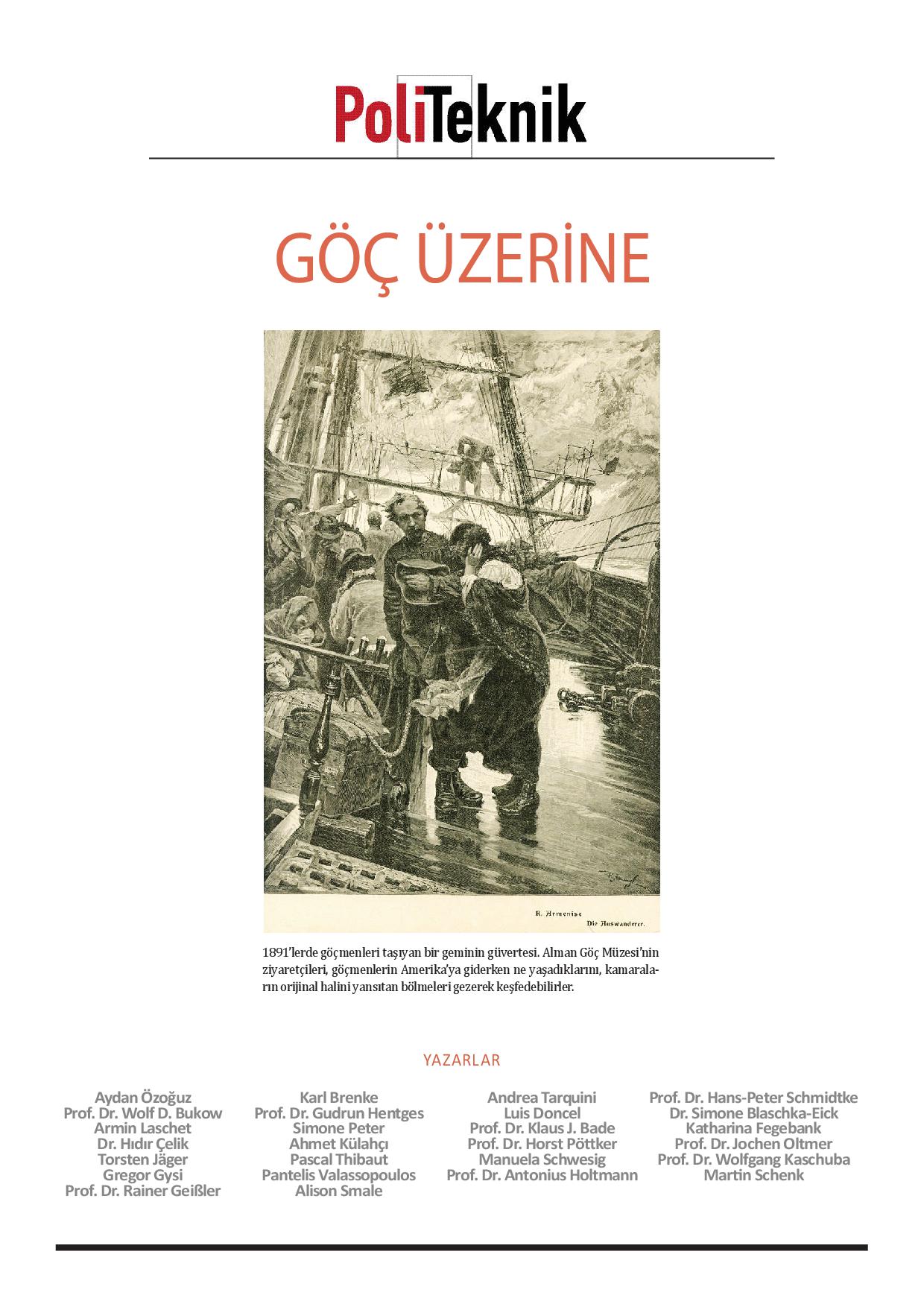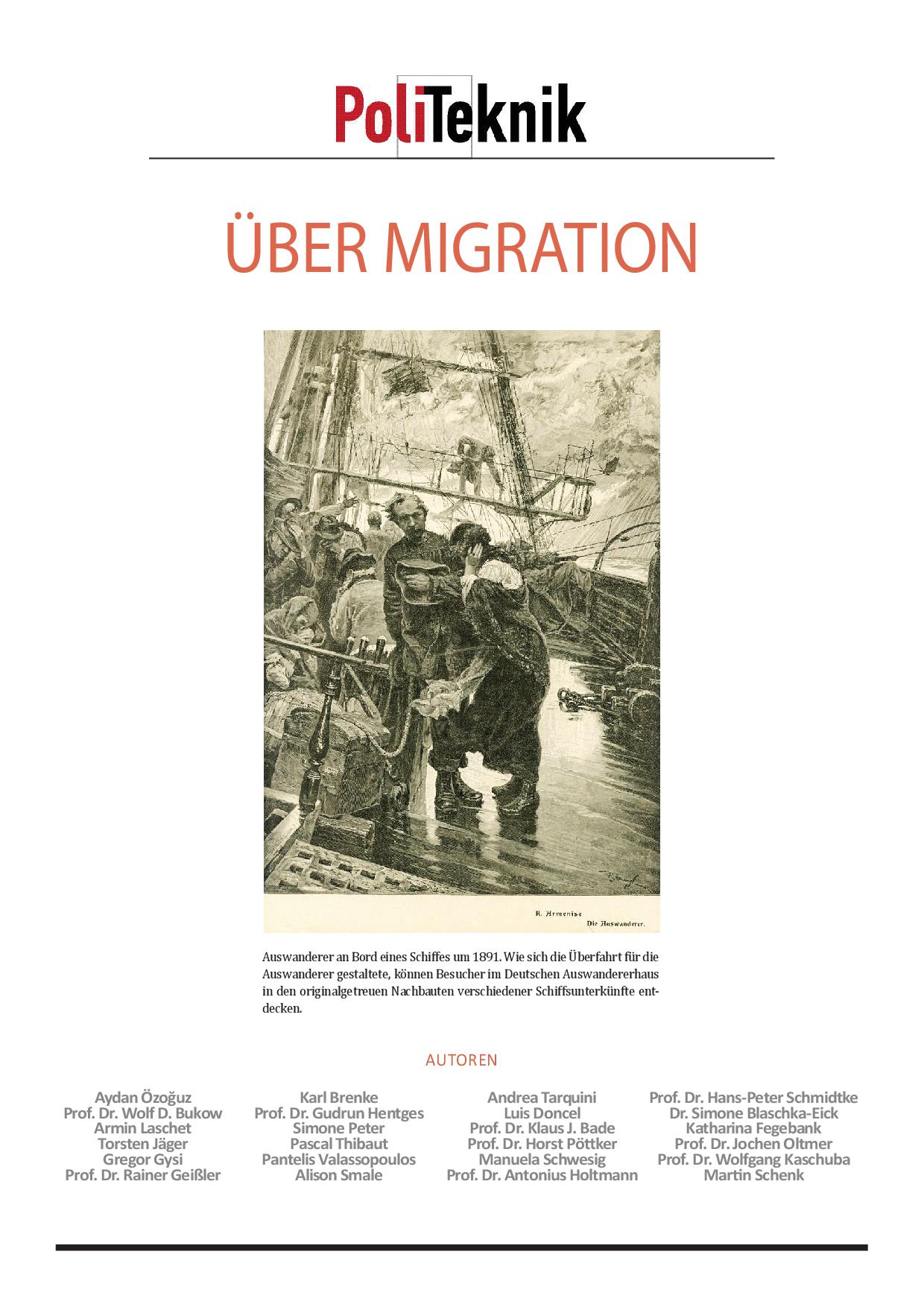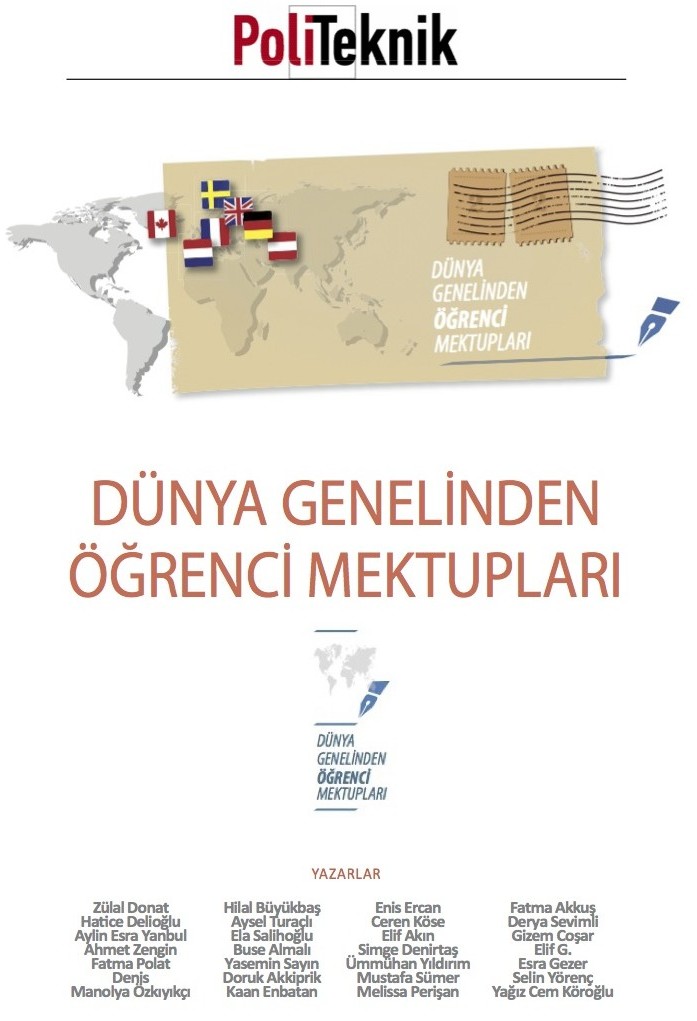John O’Brien
Senior Official & Global Solidarity Co-ordinator – Irish National Teachers Organisation (INTO) – The sole teachers union in the Republic of Ireland for Primary School teachers. INTO also represents, both primary and secondary level teachers, in Northern Ireland.
 One could say the Universal Declaration on Human Rights was a product of the time it was written. Following the harrowing death and destruction throughout much of the world during WW11, and with memories still fresh in the minds in many populations, of the earlier conflict of WW1; it was a remarkable and very important advancement in 1948, for world politics and human society as a whole, for the decades that followed.
One could say the Universal Declaration on Human Rights was a product of the time it was written. Following the harrowing death and destruction throughout much of the world during WW11, and with memories still fresh in the minds in many populations, of the earlier conflict of WW1; it was a remarkable and very important advancement in 1948, for world politics and human society as a whole, for the decades that followed.
Article 26, established the right to education for everyone, and while it is, in fact, one of the longer articles within the Declaration, relative to many of the other articles, Education is also mentioned in the Preamble:
“…..every individual and every organ of society, keeping this Declaration constantly in mind, shall strive by teaching and education to promote respect for these rights and freedoms and by progressive measures, national and international, to secure their universal and effective recognition and observance, both among the peoples of Member States themselves and among the peoples of territories under their jurisdiction.”
Education, therefore, along with being a right in itself, was also understood to be the principal vehicle by which the aspirations of the Declaration would be brought to life and promoted around the world. As with any human endeavour, education is the key to change and freedom.
However, almost seventy years on, the one simple question that could be posed, is whether or not we are in a global environment that is significantly different to the era within which the declaration was agreed? On many levels we now live in a more connected world, a much more technically advanced world, probably a richer world in terms of global finances. But, is there any less conflict, poverty, exclusion or denial of human rights in the world today? And are we really dealing with improved global conditions, in relation to education both in the Global North and South, to the extent that it requires change to Article 26?
Given the geopolitical uncertainties, where the Declaration’s commitment to the “promotion of universal respect for the observance of human rights and fundamental freedoms” appears to be undermined or, at least, in question on many fronts. Given the fact that the actions, necessary to fulfil the requirements of the article, are inextricably linked to the financial development of any given nation, and everyone can agree, the financial development of the world over the last seven decades has been significantly uneven to, say the least, perhaps a note of caution might be appropriate.
This not to say, that we should not discuss change, however, establishing the level of success globally in the adherence to the Article might be a more practical endeavour. For instance, within the Republic of Ireland, provision of compulsory early education, for children under 5, is a relatively recent development. Introduced under the “Early Childcare and Education Scheme”, in 2009, this Scheme is provided by private operators, outside the public education system. Only in 2016, due to public pressure, the State began to pay a capitation fee to participating playschools and day-care services. In return, they provide a pre-school service, free of charge, to all children within the qualifying age range of 3 to 5 years. Meanwhile, children can be enrolled in Primary schools from age 4 upwards.
Other aspects of the Article are still relevant today. In particular, and again within the context of the Primary education system within the Republic of Ireland, Article 26 (3) is key to the current debate on school patronage:
“(3). Parents have a prior right to choose the kind of education that shall be given to their children”,
The fact that a significantly large percentage of the primary schools in the Republic (approximately 90%) are under the Patronage of the Catholic Church, the parental “right to choose” can be regarded, by many, as unachievable.
Contained within this argument, is the notion of diversity in all schools, and INTO has been actively involved in this debate, making submissions to the Forum on Patronage & Pluralism in the Primary Sector (June 2011), advocating the important step of establishing a parental and community demand for diversity and dealing with managing the transfer/divestment of patronage. INTO also make comment on the report of that Forum, on the Promotion of Inclusiveness in Primary Schools (Nov. 2013).
In recent newspaper articles the Human Rights Commissioner in Ireland, Emily Logan, has raised the need for more to be done to ensure schools reflect within their teaching staff “the growing diversity of pupils in their classrooms” (Irish Independent Newspapers, March 24 2017). At a time of unprecedented change in Irish society over the last 15 years, her comments have highlighted embedded imbalances in the make-up of the teaching profession in Ireland, between male and female teachers and also in terms of race and minority groups. These observations go to the core of access to teacher training and qualification in Ireland, matters that INTO would have significant views on.
Key to the support for any sort of change, often relates to whether or not one can, with some degree of certainty, guarantee that the process of change will achieve a more progressive outcome, or one that does not, at least, confound progress in localised endeavours.
The signing of the Global Goals for Sustainable Development in September 2015 could be seen to be a complementary vehicle for change in Education globally. Applying the criteria of Education Goal 4 as a working template and study against the current education provisions and expected outcomes, both in the Global North as well as the Global South, may provide a safer model for engagement by the teacher union movement internationally. The connectivity of Education Goal 4: “Ensure inclusive and equitable quality education and promote lifelong learning opportunities for all”, to many of the other goals, such as Goals 3 – Good Health & Well-Being: “Ensure healthy lives and promote well-being for all at all ages”, Goal 5 – Gender Equality: “Achieve gender equality and empower all women and girls” and Goal 8 – Decent Work & Economic Growth: “Promote sustained, inclusive and sustainable economic growth, full and productive employment and decent work for all”, along with the targets set to each Goal, ten alone for the Education Goal, should assist in scoping out the required outcomes and challenges for education in every type of economy. Global ownership of the Global Goals, could become a unifying strategy for all teachers unions.
While welcoming a timely call for debate on change to Article 26 of the Declaration of Human Rights, the appetite for change might well be tempered by the perceptions of where a society is, with regard to Education, in relation to the existing wording of the Article.

